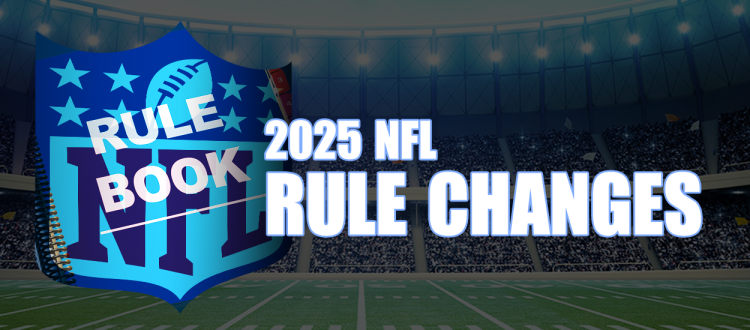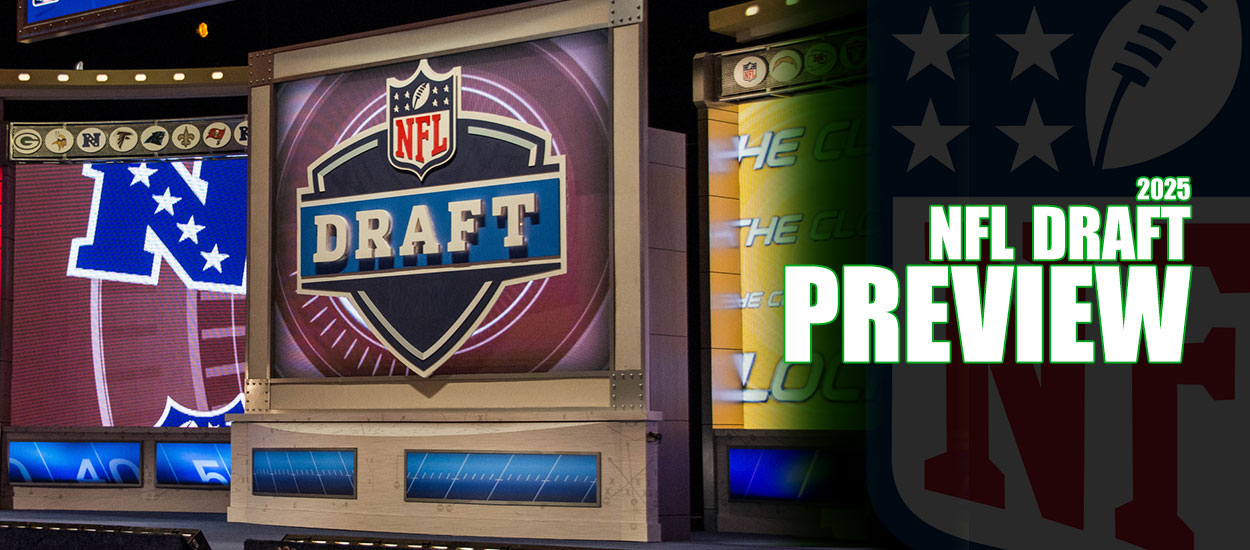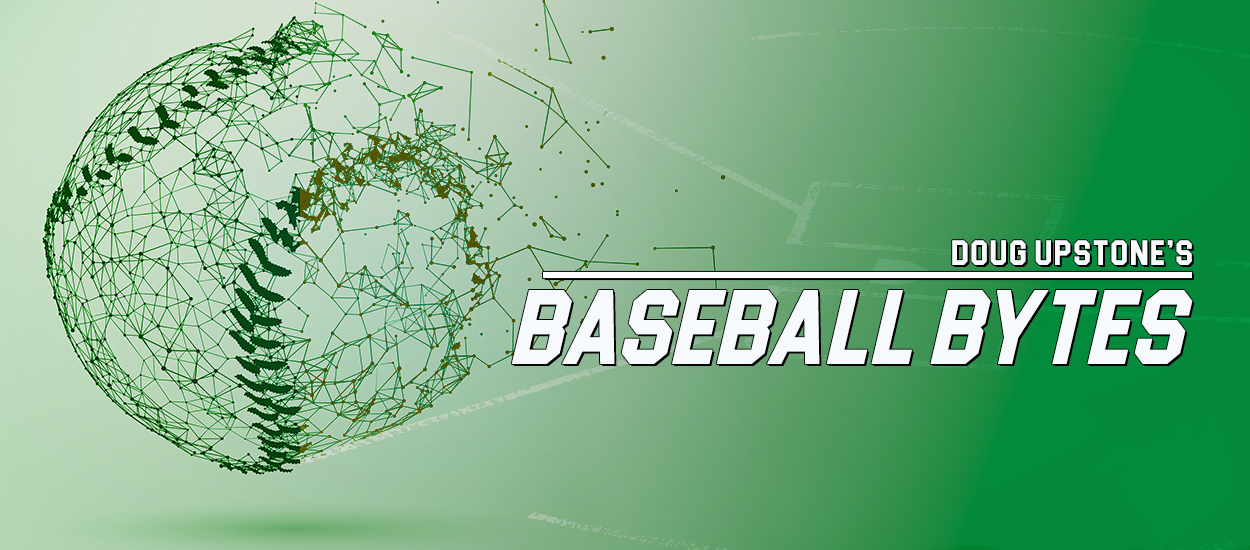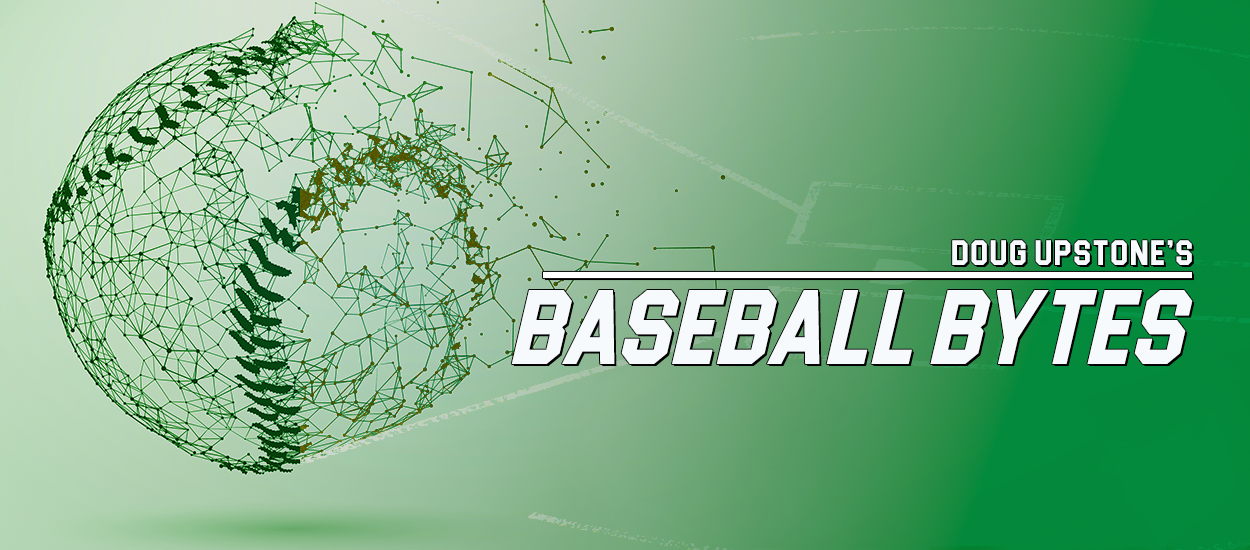Regular Season Overtime Rule Change: Both Teams Guaranteed Possession
The NFL is making a big change to regular-season overtime, bringing it more in line with the postseason. Now, both teams will get a chance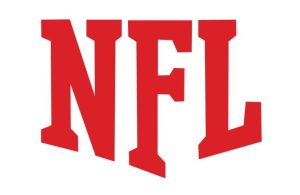 to have the ball—unless the defense scores on the opening drive. The key difference from playoff overtime is that the regular-season version will still be capped at 10 minutes, and if it’s still tied at the end, the game stays a tie.
to have the ball—unless the defense scores on the opening drive. The key difference from playoff overtime is that the regular-season version will still be capped at 10 minutes, and if it’s still tied at the end, the game stays a tie.
Marc Lawrence’s highlights the new overtime rules in his Coffee Club newsletter, outlining how the 10-minute cap and guaranteed possessions could change strategies. The first team may chew up the clock, leaving the second team with less time. Marc adds, “I would not be surprised to see the team winning the OT toss to defer now, as in college.” If the second team scores a TD, they’ll have to decide whether to go for two and win or settle for a tie. This creates new opportunities for bettors, particularly on over/under totals, live betting, and spreads.
Touchbacks Now Placed at the 35-Yard Line
The NFL is doubling down on its effort to encourage more kickoff returns by increasing the penalty for touchbacks. Now, if a kickoff goes into or out of the end zone, the receiving team will start its drive at the 35-yard line instead of the 30, which was the rule under last season’s new kickoff format.
“There is no way teams should be fine with booting it through the end zone and giving the opposition the ball at the 35 yard line,” according to betting expert Kyle Hunter. “We should see a lot more kicks to the 3 or 4 yard line. Totals have to be shaded slightly higher based on this touchback rule as well.”
Doug Upstone’s take on the NFL’s new kickoff rule change highlights how this could influence scoring. While it might lead to better field position for offenses and potentially shorter drives, Doug points out that history has shown that “oddsmakers adjust swiftly to such rule changes.” As a result, any immediate value for NFL wagering opportunities based on the change could quickly disappear. Bettors may want to be cautious, as the impact on scoring could be minimal once the lines are adjusted.
Replay Assist Expands to Help Refs with Key Penalty Calls
Replay assist is getting a bigger role in 2025, giving officials more help on certain penalty calls. Now, the on-site replay official can step in to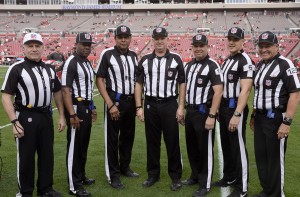 overturn penalties for defensive hits, face masks, tripping, and running/roughing the kicker. What they can’t do, though, is add a penalty that wasn’t called in real-time.
overturn penalties for defensive hits, face masks, tripping, and running/roughing the kicker. What they can’t do, though, is add a penalty that wasn’t called in real-time.
For bettors, this could mean fewer game-changing flags and a little more consistency in officiating. Bad roughing or face mask calls can completely shift momentum, so with replay assist correcting some of those, spread and live bets might feel a bit more predictable. It could also affect prop bets if fewer questionable calls stick. Overall, this change could lead to cleaner games—and fewer frustrating moments for bettors.

